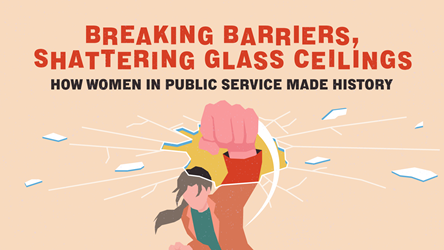Logging Off And The Joy Of Missing Out
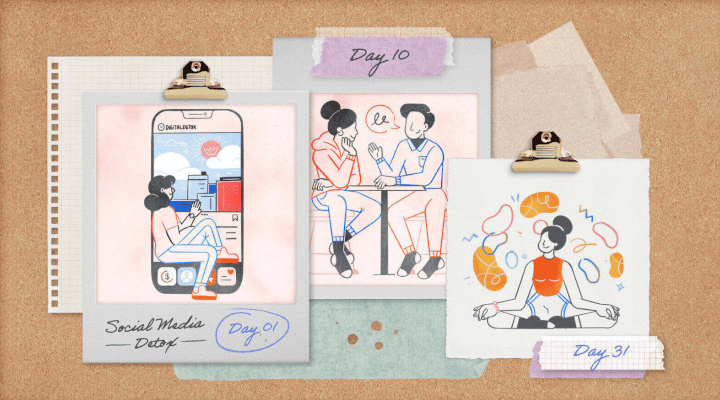
“See lah, play with your phone some more! Now you have a headache.”
Sounds familiar? That’s how my grandmother would nag at me whenever she saw me scrolling endlessly on my phone. Little do we know, the advice from our elders often has some truth to it.
My mornings used to start with checking Instagram Stories and Facebook, and my days would end with the endless scrolling of TikTok. The more I used social media, the more it drained my mental energy. I felt less motivated to get out of bed to exercise, go to work or even hang out with loved ones. I’d be late to meet with friends and miss out on real life around me.
The anticipation to post about my day also lingered to the point that I could not fully enjoy my time with my loved ones. After posting Story updates on Instagram, many of us are guilty of checking who has viewed them. But when I reviewed my followers, I realised I do not talk to or have close relationships with many of them. I found it ridiculous that I was keeping unfamiliar acquaintances more updated than the people close to me.
One day, I received a notification on my iPhone saying that my social media usage was at a peak of five hours a day.
I realised I couldn’t carry on being so addicted to social media. An activity I thought would entertain me and help me unwind added more stress and put me on edge instead. I needed a social media detox to recharge myself.
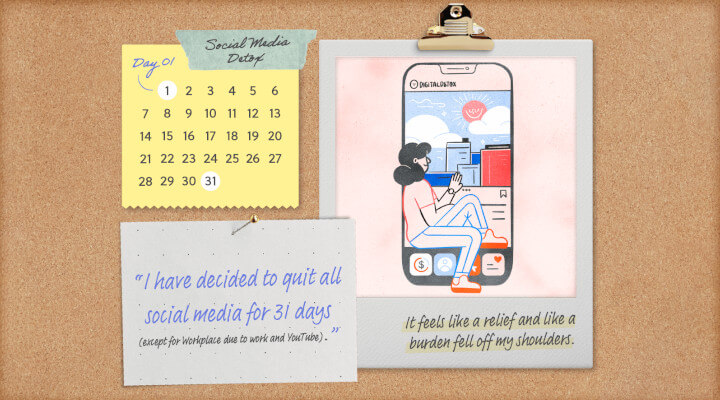
How I Stayed Away From Social Media
Time and Physical Limits
I avoided Instagram, TikTok and Facebook for a month as part of my social media detox.
Though there were initial temptations to reach for my phone, I resisted them by keeping my phone above a high cabinet in another room. When I was outside, I would simply turn off my social media app notifications. Eventually, I found that I had more time on my hands than I thought – I was just using my time poorly.
After the detox, if I felt like checking social media, I limited it to 15 minutes a day. Any longer, and it would lead to doomscrolling. Studies also show that excessive use of social media close to bedtime can reduce sleep quality. I avoid using my phone two hours before my bedtime.
I replaced the nightly scrolling with journaling. Writing my feelings on paper helped me reconnect with myself as I reflected on the big and small moments of the day. It’s a great activity for decompressing — no distractions, no one else’s opinions; just me, my pen and paper.
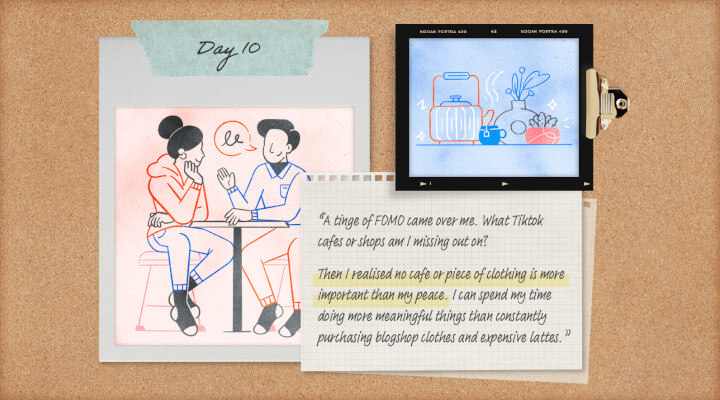
Staying Updated
During my one-month detox, I’d first hear about important news updates from my family, friends and colleagues. To stay updated, I also downloaded news apps to keep up with the news and subscribed to news outlets on Telegram for bite-sized information and fun happenings. For work-related matters, I turned to Workplace.
I realised that without social media, I paid more attention to the real world instead of celebrity news. Between the Kardashians’ outfit-of-the-day and updates on climate change, I’d rather be informed about the latter.
Insights After the Detox
Naturally, I did feel FOMO when I first started this detox. I was afraid of how others would view me if I could not keep up with society. But I am now glad to be the “odd one out”. Trends like the latest TikTok dance or bags that go viral don’t excite me anymore.
The trends that I find more appealing encourage self-improvement and healthy lifestyles, not comparison with others. During the peak of COVID-19, many people got in touch with nature again — cycling and exercising in the parks, or going for hikes. It made people realise how beautiful nature is (and how much we are missing out on).
Re-focusing on the Relationships That Matter
Now, at meet-ups, I put my phone away and focus on the people I care about and who truly care about me. I observe their body language, and endure the awkward silence before the laughter as we share our funny moments. It feels much more human and real.
Online relationships can only take you so far. The offline relationships are the people who will go far with you through various seasons.
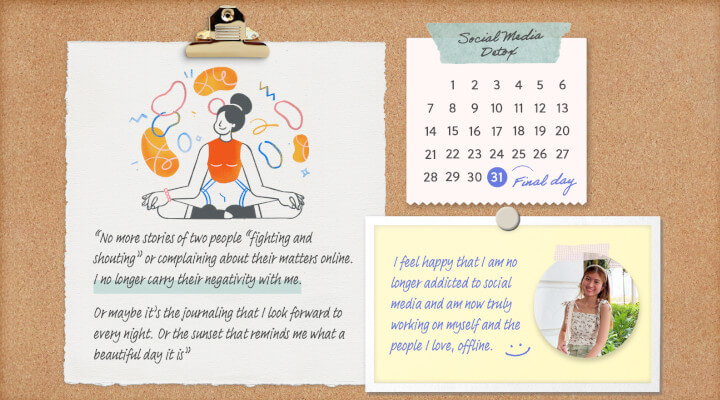
Closing Thoughts
Some will say that we should be strong enough to be unbothered by social media. As much as we try to affirm ourselves, we will still be affected. If we can limit the negativity in our life as much as we can, why not?
Reducing my social media use has improved my mental and physical health. I feel more motivated and productive at work. I now fill my time with exercising in nature, confiding in my loved ones and pursuing hobbies such as yoga and film photography.
I now spend at least 10 minutes reflecting on how I feel in my diary. It helps to organise my thoughts, and I get to know myself better every day.
Being on your phone cannot provide the warmth that nature, food, pets and our loved ones do. It is important to enjoy the little moments. One day we will look back and realise that they make up the big moments in our life.
Top Tips for Doing a Social Media Detox
- Don’t go cold turkey, go slow. Cut down your social media use gradually to an hour daily for a week, then 30 mins, 15 mins, and finally none at all. Going cold turkey will fill you with boredom and temptation. Going slow will make you feel the gradual difference, which motivates you to keep going.
- Redesign your lock screen to have encouraging reminders of why you started the detox in the first place. A social media detox requires a lot of willpower. With the right attitude and mindset, and reminders of the benefits to your wellbeing, you can overcome this challenge more easily.
- Learn to be present. Put your phone aside and be more aware of your surroundings. Focus on one thing at a time. It can be something as simple as doing morning stretches and meditation instead of scrolling through social media. Before you sleep, pen down how your day went and have some quiet self-reflection time.
- Self-reflection is key to behavioural change. Invest in a notebook you like, and take some time to jot down your feelings about the good and bad moments you encountered. Journaling allows you to identify any negative thoughts and triggers so that you can learn how to better control them.
- POSTED ON
Nov 22, 2022
- TEXT BY
Joelle Chong
- ILLUSTRATION BY
Liew Xinyi





